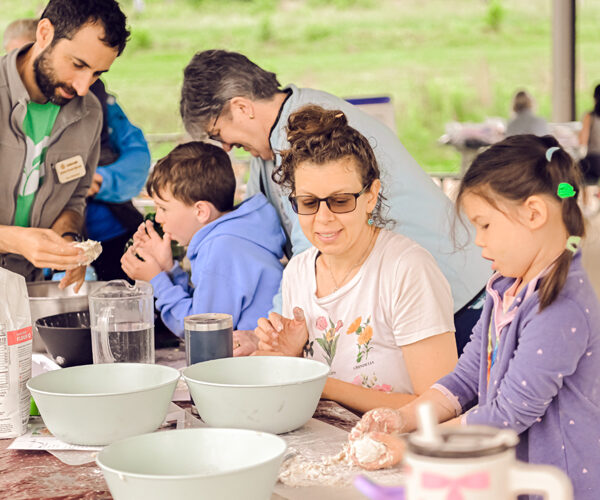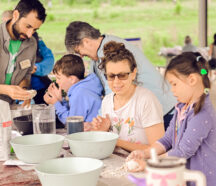By Jennifer Rudo, Teen Engagement Coordinator, JCS Prevention Education
Watch Out! What Are Your
Kids Watching?
How is it that elementary aged kids have been able to master the art of bottle tossing? Why are kids trying to eat as much cinnamon as they can possibly consume? The answer is YouTube.
Kids are no longer being taught how to write cursive, but they sure know how to use the Internet, and YouTube is one of their favorite sites. YouTube has become America’s most popular social media platform – allowing anyone to upload videos to the site or watch videos others have posted, all free of charge.
These days, our kids have easy access to a host of different devices and lots of opportunity to browse for things that interest them on sites like YouTube. While this may not be all bad, it certainly can be risky. Yet parents often seem to overlook the platform when sharing their concerns about the influence social media can have on their children.
Most people have heard of the Tide Pod challenge which went viral on social media. Kids were recording videos of themselves and friends biting into the colorful laundry detergent pods just to prove that they could. It was all fun and games until some kids ended up in the hospital. Which leads me to ask why these kids who would never normally eat laundry detergent think that it’s somehow okay, just because they’ve seen it on online.
Maybe it’s the perception that things seem less dangerous because the videos are posted by ordinary people. What our young kids don’t realize is that these people, YouTubers, are trying to become famous. While being YouTube famous seems like a reasonable aspiration for kids, parents understand that it may come at a cost.
Here are some things parents can do to help kids navigate through the YouTube choices:
- Take time to watch your child’s favorite videos with them, so you can see why they gravitate to those channels.
- Talk to your kids about what they’re watching. Explain that videos aren’t always what they appear to be and that creative editing can alter what appears to be true. Make sure they understand that just because something is on TV, doesn’t mean it’s safe.
- Help them “subscribe” to certain channels rather than allowing them to browse freely.
- Check their history on YouTube to see what they have been watching.
- Turn on the restricted mode setting to block out more mature themes. This is especially important since the minimum viewing age is 13 years old.
- Identify items lying around the house like iPads and laptops that could be used to access social media without your knowledge.
- If you have children of different ages, take steps to make sure the younger ones aren’t using their older sibling’s phones to access the internet.
As parents we can try our hardest to limit screen time and set boundaries, but remember that keeping an open line of communication starting when your kids are young will go a long way.
Subscribe to our newsletter
The Associated is a home for everyone in the Baltimore Jewish community. We offer several email lists to help people find a community, engage with their peers and support Jewish journeys around the world.
Join Our Mailing ListAdd Impact to Your Inbox
Sign up for our newsletter
Subscribe to our newsletter
The Associated is a home for everyone in the Baltimore Jewish community. We offer several email lists to help people find a community, engage with their peers and support Jewish journeys around the world.
Join Our Mailing List









 Please Wait while we loading your video.
Please Wait while we loading your video.